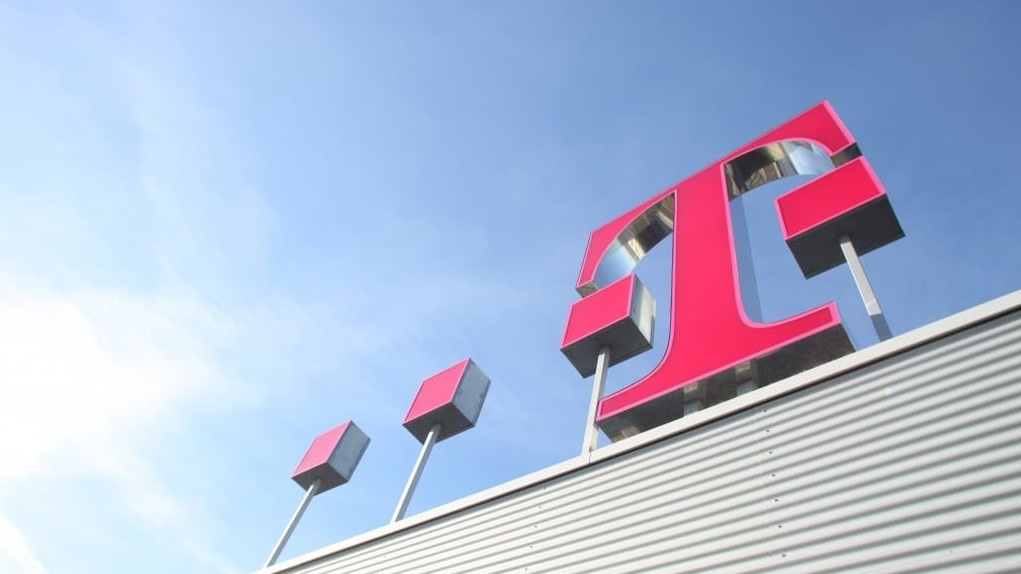T-Mobile kicks off 2024 with another carrier aggregation testT-Mobile kicks off 2024 with another carrier aggregation test
Keen to hold onto its 5G bragging rights for the coming 12 months, T-Mobile US has laid claim to another network 'first'.
January 5, 2024

The self-styled un-carrier has conducted a six-component carrier (6CC) aggregation call using sub-6-GHz spectrum on its live 5G network. It says this is the first time this has been done, anywhere.
Together with Ericsson and Qualcomm, T-Mobile combined two channels of 2.5-GHz spectrum, two channels of 1.9-GHz PCS spectrum, and two channels of 2.1-GHz AWS spectrum, giving it a total of 245 MHz to play with.
The result was a peak downlink speed of more than 3.6 Gbps, which T-Mobile said is quick enough to download a two-hour HD movie in just seven seconds.
It's an impressive technical feat, and one that T-Mobile is very proud of, but in terms of raw throughput, it doesn't appear to be much of a step up from its last CA test.
Last July, T-Mobile announced a successful 4CC aggregation test using two channels of 2.5 GHz, one of 1.9 GHz, plus a channel of 600 MHz-spectrum. Once again, it took place on its live network, reaching a peak speed of 3.3 Gbps.
It is interesting to see that aggregating another two whole channels equates to 'only' another 300 Mbps of throughput. It probably has something to do with the size of each individual channel and the real-world conditions under which the test took place.
After all, when Ericsson conducted the world's first 6CC aggregation data call last August, speeds topped out at 5.7 Gbps, albeit by using 400 MHz of spectrum.
It would be far more interesting to have an explanation about all this from T-Mobile, but instead it engaged in hyperbole:
"We are pushing the boundaries of wireless technology to offer our customers the best experience possible," said Ulf Ewaldsson, president of technology at T-Mobile. "With the first and largest 5G standalone network in the country, T-Mobile is the only mobile provider serving 10s of millions of customers to unleash new capabilities like 5G carrier aggregation nationwide, and I am so incredibly proud of our team for leading the way."
Of course, there aren't any phones on sale today that can avail themselves of 6CC aggregation technology.
Qualcomm's Snapdragon 8 Gen 3 processor incorporates its X75 modem, which supports 5CC downlink aggregation. The first phones powered by this chip – including Samsung's upcoming and hotly-anticipated Galaxy S24 – are due to hit the shelves this year.
Meanwhile, MediaTek's range-topping Dimensity 9300 processor can support 4CC aggregation on sub-6-GHz frequencies. Samsung has also revived its Exynos family of mobile semiconductors, which includes its latest Exynos 5300 modem – but it's not clear from the spec sheet what the deal is when it comes to carrier aggregation.
So, while it's good to see T-Mobile pushing the boundaries, smartphone users are unlikely to see the benefits of this particular 'first' any time soon.
About the Author
You May Also Like










.png?width=300&auto=webp&quality=80&disable=upscale)


_1.jpg?width=300&auto=webp&quality=80&disable=upscale)